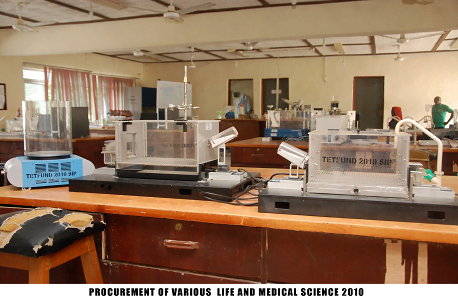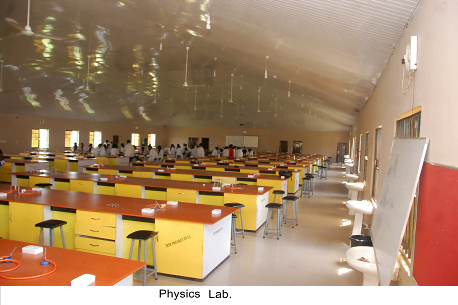Brief History Religious Studies/Philosophy in Delsu
The department started as the Department of Religious Studies in 1993. It is presently made of up of two units: – Religious Studies and Philosophy.
The Department has been administered by the following Acting/Heads of Department at various times. They are:
- Dr. D.T. Ejenobo
- Prof. D. Adamo
- Prof. Olayiwola
- Dr. F. Eghwubare
- Prof. M Adogbo
- Prof. J. Enuwosa
- Dr. G.O. Idjakpo
- Dr. M.O. Ikeke
- Dr E.A. Ikegbu
- Dr. G.O. Idjakpo
Dr. G.O. Idjakpo is currently the Acting Head of Department.
A brief history of each unit is given below:
RELIGIOUS STUDIES: Religious Studies’ Programme is one of the oldest Degree Programmes of the University. It was established since 1993.
Since the time it was established, it has been receiving NUC Accreditation Teams. The programme started with 17 students and ten lecturers.
Recommended articles specially for you
- How to Easily Gain Admission into Delta State University (Delsu)
- How to Pass DELSU Post utme (Absolute Guide)
- Top 4 Mistakes Delsu Aspirants Make – (Number 2 will shock you)
- How to Check Your DELSU Post UTME Result Easily
- Delsu Change of Course & How to Apply (Guide)
- Updated List of All the Courses Offered in Delta state university
- 7 Understandable Reasons Why you will NOT GAIN Admission into DELSU
The programme currently has a population of over 82 students. By the 2015 NUC visitation, the programme had full accreditation.
The accreditation team was led by Prof. (Mrs) C. Isiramen of Ambrose Alli University, Ekpoma. The department has received many Professors on Sabbatical in the past. They include Prof. S. Onibere, Prof D. Ilega, Prof C. Ejizu, Prof. E. Akama, Prof. Olayiwola, and Prof J. Akao.
The programme has also witnessed many external examiners who have attested to the high standard of the department. They include Prof. S.J. Onimawho, Prof, Oyakhilomen, Prof. Onwu, Prof. Abogunrin, Prof. M. Nabofa, Prof. C. Uchengbu, Prof. L. Ugueye and Prof. D. Akhilomen.
The Department has produced prominent professors such as Prof. J. Enuwosa, Prof. (Mrs) C. Isiramen and Associate Professor Odili with many other Ph.D holders. Currently the programme has 5 Academic and 3 Non-academic staff and a total of 82 of students.
PHILOSOPHY
Philosophy which was establisted in 2008, started with 5 lecturers, 3 administrative staff and 38 students, NUC verification team came to confirm the existence of the programme in August 2011. Four months later NUC Accredited the Programme, with interim accreditation.
By the 2015 NUC visitation, the programme had full accreditation. The accreditation team was led by Prof (Mrs) C. Isiramen of Ambrose Alli University, Ekpoma. The department has received many Professors on Sabbatical in the past.
They include Prof. L. Akaruese, Dr. A. Efemini and Associate Professor E.A. Ikegbu. The programme has also witnessed many external examiners who have attested to the high standard of the department. They include Prof. C. Ukhun, Prof. M. Dukor, Prof. J. Aigbodioh. Currently the programme has 5 Academic and 3 Non-Academic staff and a total of 366 of students.
Philosophical Foundation and Vision
Philosophy, Aims and Objectives of the Programme
The programme is designed to cater for the interest of students offering a full four-year BA. Degree in Religious and Cultural Studies as well as that of the Faculty of Education students who have Religion as their teaching subject.
The programme is, however, concerned with the critical study of the African religious and cultural life in all its diversity. Nevertheless, emphasis is placed on those religious traditions which have the greatest importance in the history of Africa – the various Indigenous religious traditions, Christianity and Islam with their ethical values and demands.
Mission: Aims and Objectives
- To develop in the students the ability to understand, analyse and critically interpret the nature of religious reality as well as the mutual interplay of religious features with other elements in the broader social and cultural context.
- To enhance the employment prospects of Religious Studies graduate in the new millennium, it is necessary that the Department’s multi-disciplinary heritage should be promoted even further as our graduates will be better equipped for greater opportunity in the labour market.
GENERAL ADMINISTRATION OF PROGRAMME/ SUB-DISCIPLINE/ DISCIPLINE
Personnel Administration
(a). The Department is administered by an Acting Head of Department. (if not a professor) and assisted by the Non- Teaching Staff of the Department.
(b). There is a regular Departmental Board involving all Lecturers of the Department where decisions relating to the Department are taken. There are also Departmental Appointment and Promotion Committee and Graduate Committee.
The former takes charge of appointments and promotion of academic staff while the latter is responsible for all graduate matters relating to the Department.
The Department has a good staff development policy encouraging lecturers who are yet to obtain their Ph.D to do. So within the Department About five lecturers have benefited from this exercise.
3. B.A RELIGIOUS AND CULTURAL STUDIES
RELIGIOUS AND CULTURAL STUDIES Admission Criteria
The Departmental requirements include Five (5) Ordinary Level credits, including English Language, Mathematics and any three (3) subjects in not more than two sittings at the WASC/SSCE/GCE/NECO or their equivalents, (one other science subject will be accepted in counting the five (5) O/L credits).
The UME Requirements include English Language and three subjects in the Arts or Social Sciences. Candidates must pass the UTME at an acceptable cut-off score.
Alternatively, those students who succeed in the Certificate/Pre-degree programme of the Department may be considered for admission into the BA. Degree Programme in Religious and Cultural Studies provided they pass with a minimum of 60% in addition to Five (5) Ordinary Level credits, including English Language, Mathematics and any three (3) subjects in not more than two sittings at the WASC/SSCE/GCE/NECO or their equivalents, and must have written UTME in the year of admission with at least a score of 180.
Candidates for the Certificate Programme who want to terminate at the Certificate Level must possess three (3) O/L credits and at least a pass in English Language at the WASC/GCE/NECO or equivalent at not more than two sittings.
5. Graduation Requirements
To obtain a degree in Delta State University, a student must complete the approved programme of study in his/her Department. Every student is urged to familiarize him/herself with the specific requirements for a Bachelor’s degree in his/her Department.
However, below are general University requirements, which among other things, every student must meet to graduate in Delta State University.
University Requirement Courses
A score not below 40 percent must be attained in the prescribed courses for each Faculty.
Foundation Course
Various Foundation Courses including the General Studies (GES) courses for the first two years of study are prescribed by each Faculty. All students must consult their Academic Advisers for advice on the requirements for their respective Faculties.
- Read more: Delsu Post Graduate Diploma, Masters & Doctorate Programmes in Religious And Cultural Studies
Note: Admissions into these graduate programmes are considered on an individual basis. Applicants are encouraged to contact the Religious Studies/Philosophy in Delta State University to make sure that supervisors are available for specific areas prior to application for admission.
Delta State University Contact Address
Delta State University
Address: P.M.B. 1, Abraka Delta State, Nigeria
Email: registrar@delsu.edu.ng
Mobile Contact: +2348134123751
Everything you need to Know about Delta state University
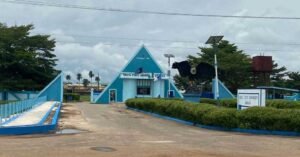
Delta State University which is popularly known as DELSU, is one of the most prestigious state owned university in Nigeria.
Delsu currently operates a multiple campus system with three distinct campuses, which are about 200 km apart.
The University has its main Campus located at Abraka, Delta State and other campuses in Anwai-Asaba and Oleh which are still in the same state, Delta.
Delta State University is one of the 25 federal universities that is been controlled, overseen and accredited by the National Universities Commission.
As of the time of this post, the University offers a wide range of educational programs, ranging from full time certificate, degree and diploma programs to part time weekend and evening degree programs.
Delsu also offers post graduate studies up to doctorate level.
The University possesses a student/staff counselling centre, an e-learning centre, students and lecturers accommodation facilities, sporting complex and host of other amenities.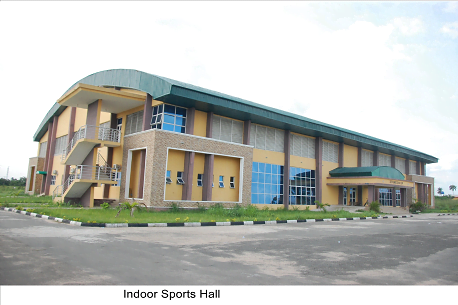
This unique university boasted of about 36,000 student population as at the 2007/2008 academical session.
Frequently Asked Questions about Delsu
We took our time to research about the frequently asked questions about Delsu and came up with a bunch of them.
What is the full meaning of Delsu?
Delsu is an abbreviation for Delta State university.
When was Delsu founded?
Delta state university was established in the year 1992.
What is the motto of Delta State University (Delsu)?
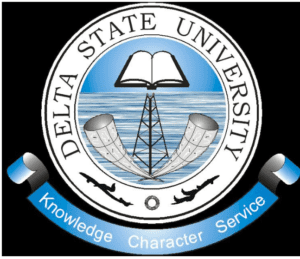 Knowledge Character and Service.
Knowledge Character and Service.
What is the official website of Delta state university (Delsu)?
The university has two official websites which it uses to disperse information to the public.
www.delsu.edu.ng and www.delsuonline.com
www.delsu.edu.ng offers every thing you need to know about the school such as weekly bulletins, library information, gallery, students admission status, etc.
While www.delsuonline.com offers portal services such as, students and admin logins, printing of school fees receipt, replacement of Lost identity cards, result checking, printing of departmental courses, etc.
Does Delsu offer Scholarships?
Delta state university offers scholarships, bursary, grants and different awards. The University has a special scholarship plan and grants to various categories of students.
Is Delsu a federal or state University?
Delta state university is a state owned university, which is overseen and accredited by the National University Commission
Where is Delsu Located?
Delsu is located in Delta state, Nigeria. It has it’s main campus in Abraka and other campuses in Anwai-Asaba and Oleh.
The History of Delsu
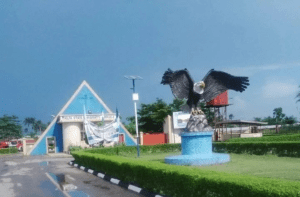 Delta State University(Delsu) was generally recorded as a center of Education.
Delta State University(Delsu) was generally recorded as a center of Education.
It began as a Government Teacher’s Training college during the colonial period and a few years into the post colonial times.
Delsu became an educational college that awarded the Nigerian Certificate of Education (NCE) from the year 1971 to 1985.
The University got affiliated with the University of Benin in the year 1981, and started offering degree programmes from 1981 till 1985.
Before it became the faculty of Education of the then Bendel State University with its main campus in Ekpoma.
The creation of Edo and Delta states in the year August 1991 and the conversion of the formerly known Bendel University Ekpoma, in December 1991 triggered the establishment of the independent Delta State University Abraka.
This move was carried out by the then Executive Governor of the state, Olorogun Felix Ibru on the 30th of April 1992.
Delta State University began with Five faculties at its early stage:
- Faculty of Education.
- Faculty of Agriculture.
- Faculty of Arts.
- Faculty of Science.
- Faculty of Social science.
In the year 1995, the State government enacted a policy which enabled the University to posses 3 campuses.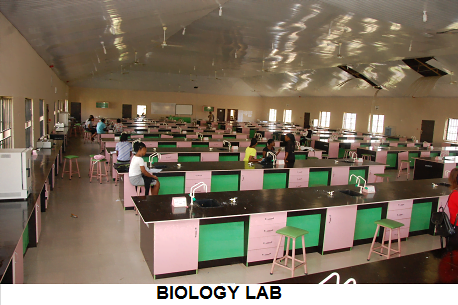
These campuses were distributed within the 3 senatorial districts of Delta state.
As a result of this enacted policy, the main Campus was established in Abraka, and the other campuses were established in Anwai-Asaba and Oleh.
Delsu Campuses and Their Faculties.
Delta State University’s academical programmes/faculties are currently distributed among the Campuses below.
Delsu Abraka Campus
 Abraka is an urhobo kingdom in Delta state, which has been made popular due to the fact that the main Campus of Delta state university (Delsu) is located there.
Abraka is an urhobo kingdom in Delta state, which has been made popular due to the fact that the main Campus of Delta state university (Delsu) is located there.
Faculties in Delsu Abraka Campus.
- Faculty of Education
- Faculty of Art
- Faculty of Social science
- Faculty of Pharmacy
- Faculty of Science
Delsu Anwai- Asaba Campus.
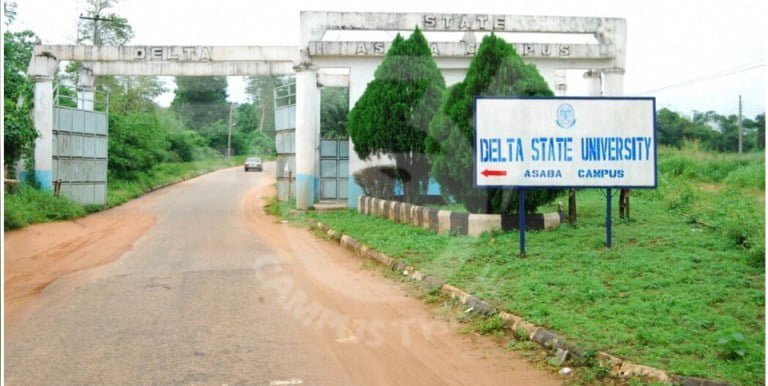 Asaba is a city found in Delta state, which is located at the western edge of the Niger River.
Asaba is a city found in Delta state, which is located at the western edge of the Niger River.
It is a fast growing urban area which possesses one of the Delta state university’s campuses.
Faculties in Anwai-Asaba campus
- Faculty of Agriculture
- Faculty of Accountancy
- Faculty of Environmental Studies.

Oleh Campus
Oleh, the headquarters of the Isoko south local government area is home to one of the Delta State University Campuses.
It was established as a result of the amended Edict in the year 1995
Facilities in Oleh Campus
- Faculty of Law
- Faculty of Engineering

Delsu Hostel Accommodation (Halls of Residence)
The state owned university offers a wide range of accommodation for both post graduate and undergraduate students.
These Halls of residence are distributed through out the various campuses.
Abraka Halls of Residence (hostel)
Male Accommodation
- Abraka hall for males
- Canon Mason Hall for males
- Medical hostel
Female Accommodation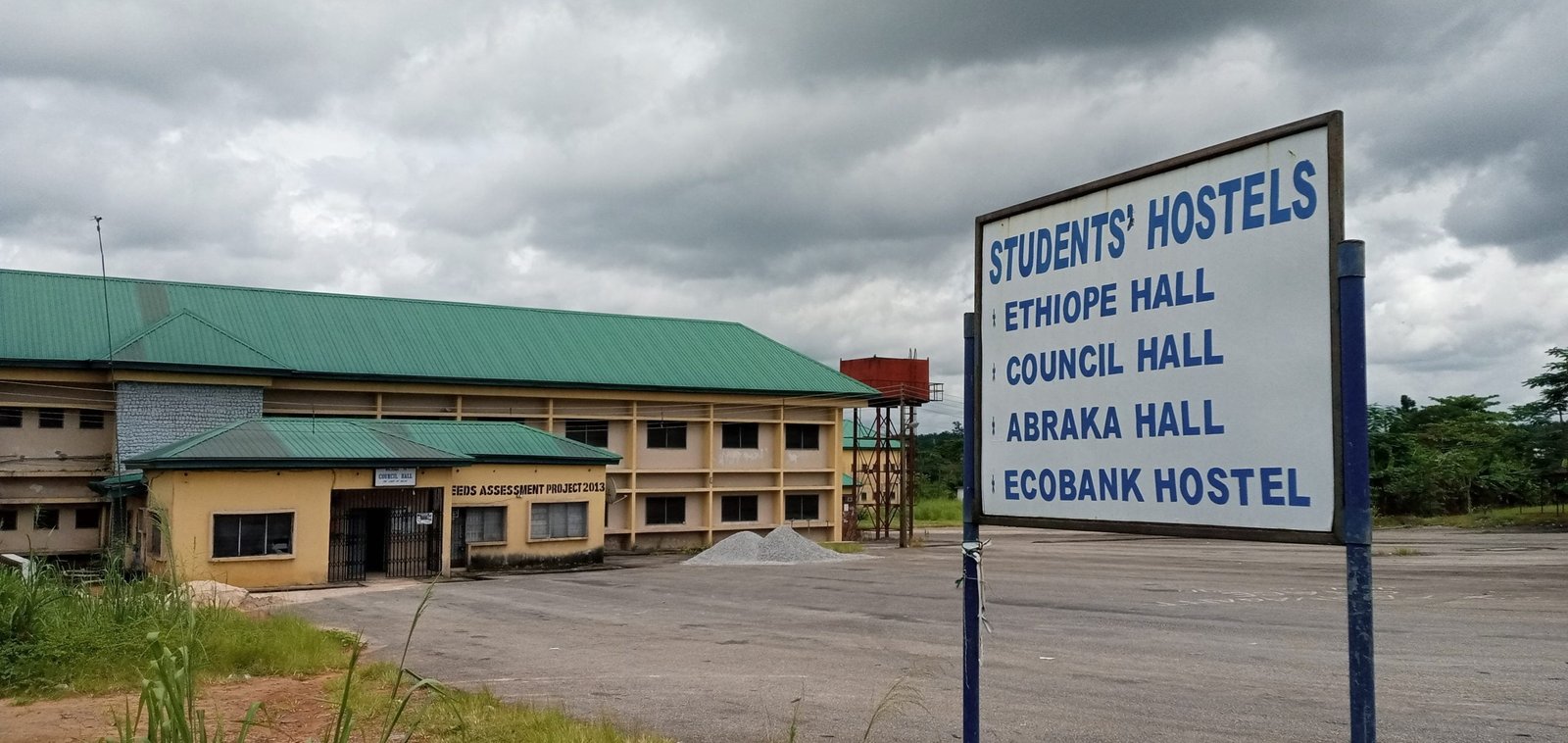
- Council Hall .
- Eco hall
- Ethiope hall
- Medical Hostel
- NDDC Hall
- Executive Hostel
Anwai halls of residence (hostel)
Male Accommodation
- Council Hall
Female Accommodation
- Asaba Hall
- Niger Hall
- NEEDS assessment hall
Delsu Oleh Halls of Residence (hostel)
Male accommodation
- Two government hostel
- Brooklyn hall
Female Accommodation
- Two Government Hostels
- Isoko Development Venture hostel
- Women Affairs Hall
See What Others are Reading
- How to Prepare a Personal Reading Time Table
- How to Improve your School grades
- 7 Degree Courses that will keep you self employed
If are unable to find what you are looking for here or maybe you have any correction regarding this post, kindly DROP A COMMENT below and we will respond to you as soon as possible.
Didn't find what you were looking for? Search here



